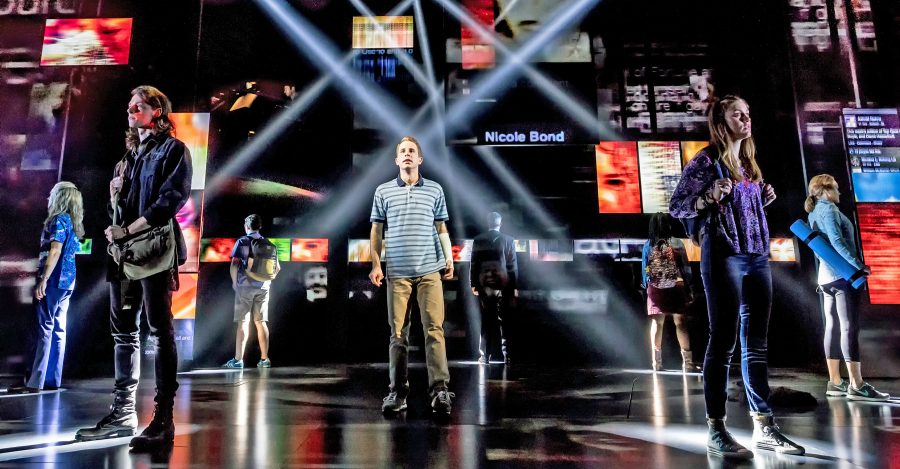The images of death and tragedy from 2016 alone are enough to haunt us for a lifetime. The two engraved in my memory the most are the body of the Syrian boy on the beach and the child rescued from the bombing in Aleppo.
Where was God in these moments of suffering? Why was He silent?
These are the same questions posed in Martin Scorsese's newest film "Silence". The film is an adaptation of the novel of the same name by Japanese author Shusako Endo. Endo wrote his stories from the rare perspective of a Japanese Catholic. When you watch the film you understand the reason Catholicism is considered rare in Japan.
Plot in a nutshell - SPOILER ALERT
The story follows two Jesuit priests who have to enter Japan after finding out their mentor, Fr. Ferreira, was captured, forced to apostocize, and had become a Buddhist philosopher. Upon entering into the country, the two Jesuits, Fr. Rodrigues and Fr. Garupe, discover a Christian community that had been living in secret from the Japanese government. Since Christianity was outlawed, anyone discovered practicing the religion had to apostocize meaning to abandon the faith and step on an icon of Jesus. We discover that this community was similar to the early Christian communities when it was outlawed by the Romans. The priests helped this Japanese community say mass in the catacombs, heard secret confessions, and even held Eucharistic adoration.
Once the government discovers this secret community of Christians they capture and martyr the ones who refuse to apostocize. Christianity, as the emperor points out, becomes a cut root in Japan. Fr. Rodrigues, in an unexpected turn of events, leaves the Catholic faith in order to save the other Christians from being tortured.
Too Catholic
Coming off 2016's Best Picture winner, Spotlight, about the rape epidemic in Boston by Catholic priests, Silence seemed too Catholic to share the spotlight, no pun intended, with the other contenders. This is a film which portrays Catholics in a positive light, trying to spread Truth through humility, peace, and unity. It is a film which showcases the deepest human struggle with belief in God through immense suffering. It reveals the lowly converts who stand by their faith even unto death and the disciplined Jesuits who abandon their convictions under strategic persecution. While Spotlight uncovered the conspiracy of clergymen and lay persons who allowed the evil of sexual abuse to run rampant in Boston, "silence" explains why evil happens. It is the explanation of how evil can be rooted everywhere, especially within the Church.
To believe in a Christian God is to believe in free will. A God who does not impede human freedom even if it's evil. Gods voice is no longer one of the Old Testament, but vocalized through humanity. Humanity has become smart enough to know the difference and preach the difference. We have passed as humans the age of reason. We now are Gods voice in the promotion of good and rejection of evil. That's why when humanitarian efforts are taking place we should find out how to support no matter where we are from.
God suffers with us. That's His plan, to walk with us, not strike evil dead, as demonstrated by Jesus' "walk" to Calvary. God is silent, even when Jesus prayed to him in the garden of Gethsemane and while feeling the pain of Crucifixion, but we can only hear him within that silence. That's why prayer and reflection are so important.
This movie shows real Catholicism with real human struggle. Torture, death, and sacraments. Humans must fight against evil and promote good or do we remain silent in the face of adversity?
Bishop Baron
This is a great conclusion to this post from Bishop Barron in regards to preaching the Gospel in face of obstacles, hence the entire mission of the Jesuits in Japan.
The resurrection is the clearest indication of the Lordship of Jesus. This is why the message of the resurrection is attacked, belittled, or explained away. The author of Acts speaks of “violent abuse” hurled at Paul. I have a small taste of this on my YouTube forums. We all should expect it, especially when our proclamation is bold.
This reveals a great mystery: we are called to announce the good news to everyone, but not everyone will listen. Once we’ve done our work, we should move on and not obsess about those who won’t listen. Why do some respond and some don’t? We don’t know, but that’s ultimately up to God














